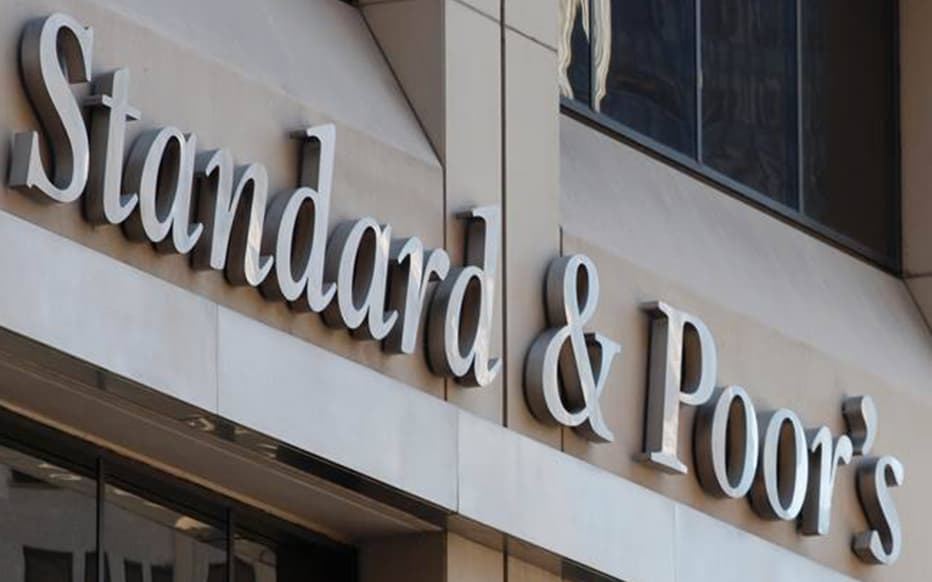S&P is the third agency to consider that the evolution of Ghana’s economic parameters makes its ability to repay its debt, owed to both local and international creditors, uncertain. A decision likely to provoke further controversy.
In a note published on August 5, 2022, S&P Global Ratings downgraded Ghana’s international and local debt ratings to CCC+ and C, meaning that the risk of one or more defaults is now “very high”. The American rating agency also considers the outlook for this situation to be negative.
In its view, the efforts made by the government of ECOWAS’s second-largest economy to reduce its budget deficit position are insufficient to restore balance to its debt, as its borrowing costs are rising rapidly, while economic growth is proceeding at a slower pace, contributing to a further deterioration in the debt-to-GDP ratio.
But on the international front, it’s the country’s ability to repay its foreign debt that S&P’s experts are most concerned about. “The pandemic and the Russia-Ukraine war have amplified Ghana’s fiscal and external imbalances. Nonresident capital outflows in the local government bond market, lack of access to Eurobond markets, retail purchases of dollars, dividend payments to foreign investors and more expensive imports of refined petroleum products, have driven up demand for foreign exchange, resulting in one of the lowest levels of foreign exchange reserves since the fourth quarter of last year,” they reported, according to the document consulted by the experts.
S&P also believes that the Ghanaian authorities now have few options for refinancing their public debt, as access to the international capital market has become more difficult for them, while domestic commercial banks are unable to support the government’s needs.
Ghana is nevertheless credited with good points in terms of economic governance. Above all, it is paying the price for an international situation that has been negatively impacted by the Russian-Ukrainian crisis, and by the inability of the US authorities to find a coherent solution to the soaring value of the dollar, the currency used in 60% of international economic transactions.
These global factors have led to a rise in the cost of living in the country, prompting many households to resort to alternative, cheaper means of consumption, thereby diluting efforts to reduce the informal sector and increase the mobilization of tax resources.
This new rating from S&P Global Ratings is likely to inflame the controversy surrounding the relevance of the opinions issued by rating agencies on African economies. Until now, only Moody’s and Fitch Ratings had downgraded Ghana’s sovereign rating, and the government was particularly critical of the former’s decision.
The Ghanaian authorities are not the only ones critical of the rating agencies’ conclusions. According to a study published by the United Nations on December 31, 2021, 41% of rated countries in sub-Saharan Africa were downgraded at least once between February 2020 and March 2021, the highest regional average, compared with just 6% for advanced economies. The consequence was that no sub-Saharan African country was able to issue Eurobonds for much of 2020, even though they too faced Covid-19-imposed confinements.
Editorial staff (with DM and CA)



